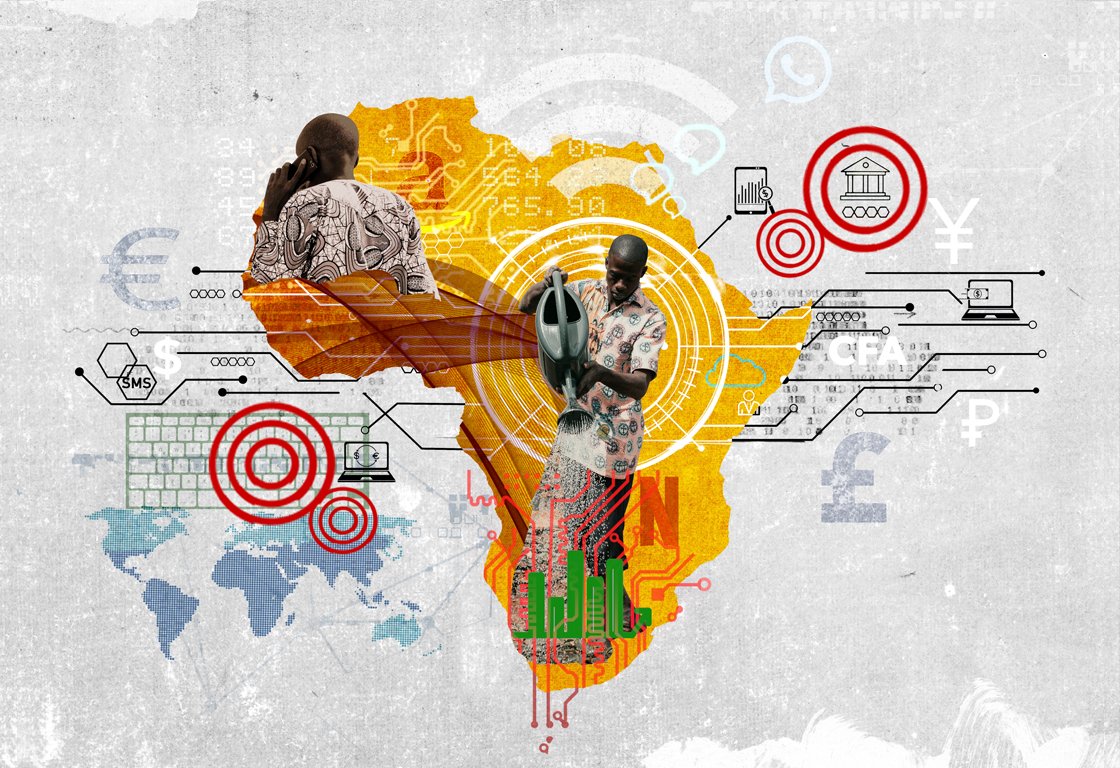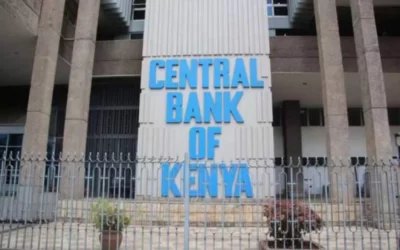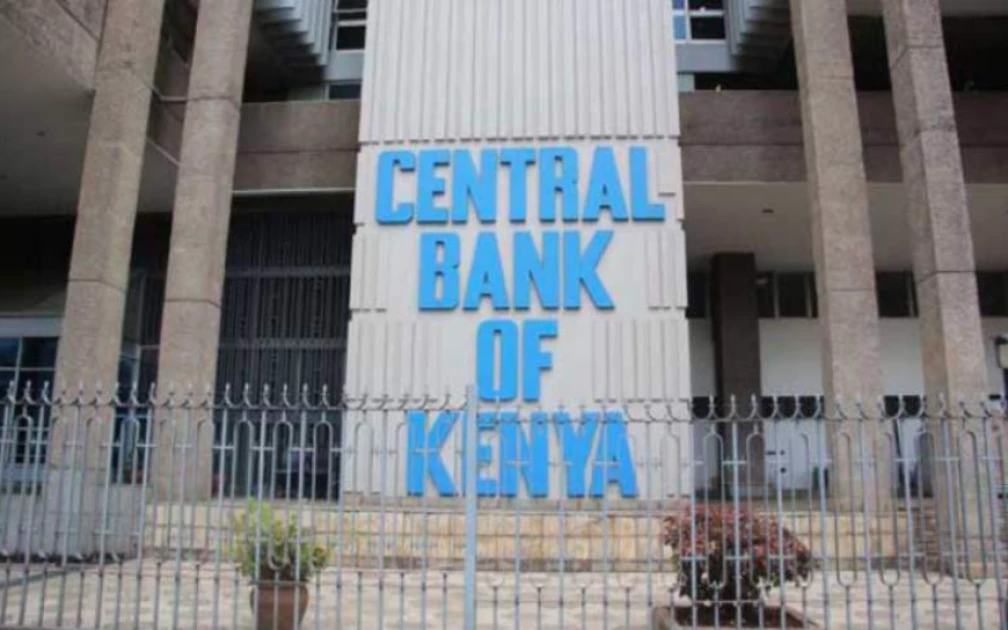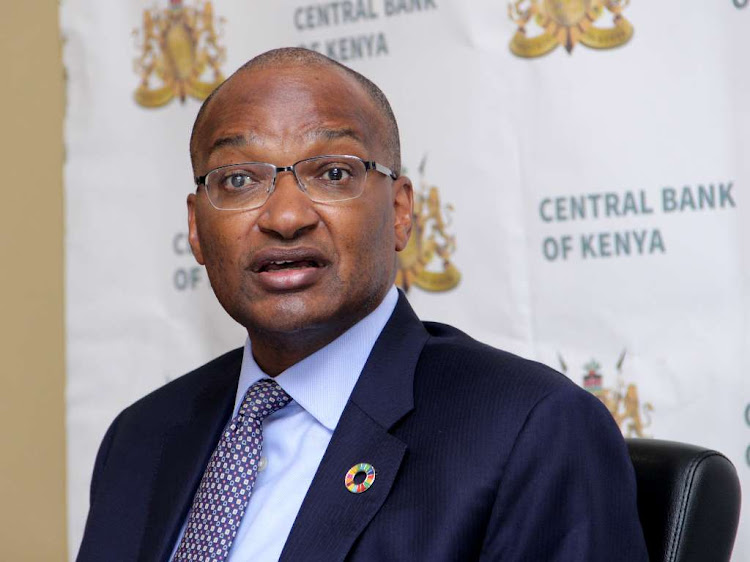Transforming Africa’s Cross-Border Payments: A Bold New Approach

Transferring money between African countries can be incredibly frustrating. High fees, poor infrastructure, and security risks plague both individuals and businesses engaged in intra-African trade.
Fintechs, banks, and mobile network operators (MNOs) are striving to improve cross-border payments in Africa. Innovations like blockchain, real-time transfers, and better national settlement systems are paving the way for significant progress. Settlement times have improved dramatically, with transactions that once took weeks now completing in days or even hours. Yet, Africa’s payments infrastructure remains underdeveloped, and regulatory barriers prevent even regional banks from effectively handling cross-border payments.
Key Challenges
- Underdeveloped National Payments Infrastructure: Many countries lack the necessary systems to handle efficient cross-border transactions.
- Limited Access to Foreign Currencies: Difficulty obtaining USD, GBP, or Euros increases both settlement times and transaction costs, including Telex fees, VAT, and commissions.
- Reliance on “Grey Routes”: Unofficial financial channels, often used for illegal activities, undermine trust and delay the adoption of formal financial services.
A Path Forward
At a recent meeting in Kampala, organized by AZA Finance with MTN, Airtel, and The Kenyan Wall Street, experts discussed how to make cross-border payments more efficient and secure in Africa. Three major steps emerged:
- Fostering Partnerships: Collaboration between regulators, fintechs, banks, and MNOs is essential. These partnerships can reduce inefficiencies and improve data transparency for transactions across the continent.
- Developing National Payments Infrastructure: Upgrading national systems is crucial for supporting cross-border payments and fostering economic growth.
- Implementing Open and Secure APIs: Accessible and secure APIs can help businesses integrate services more effectively, comply with GDPR, and reduce financial crime risks.
Achieving the first goal will facilitate progress on the second and third. Effective cross-border transaction infrastructure depends on partnership and dialogue among stakeholders.
The Human Impact
Improving cross-border payments benefits not only businesses but also individuals. Fatumah Shamim Kavuma, Manager of International Remittances & Interoperability at MTN MoMo Uganda, highlighted that enhancing remittance efficiency directly increases remittance values across Africa. Luise Karamagi, Lead for International Money Transfer at Airtel Uganda, emphasized that efficient cross-border payments are also crucial for telecommunications companies.
The Way Forward
Collaboration is key. Governments, banks, fintechs, MNOs, and the private sector must work together. No single provider has the necessary infrastructure, market reach, or expertise to solve this challenge alone. By joining forces, we can advance financial inclusion and sustainable development across Africa, addressing one of the biggest barriers to a better future: inefficient cross-border transactions.











